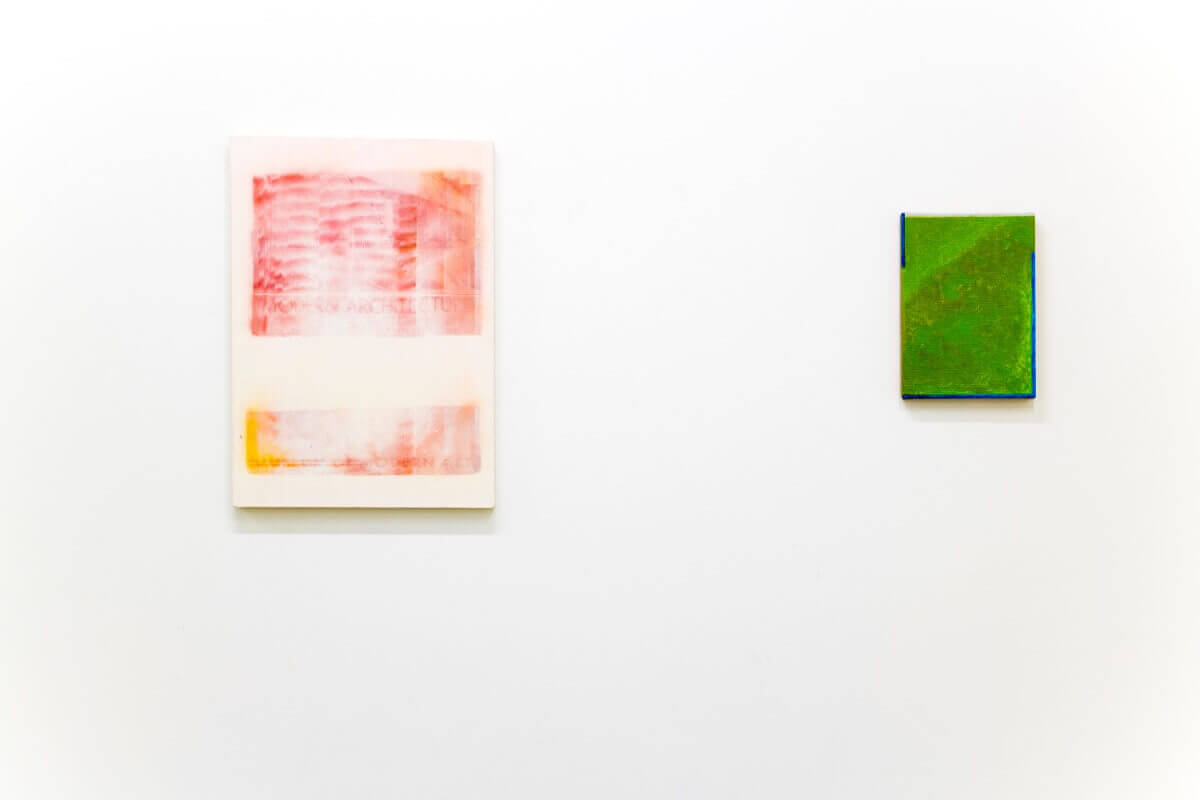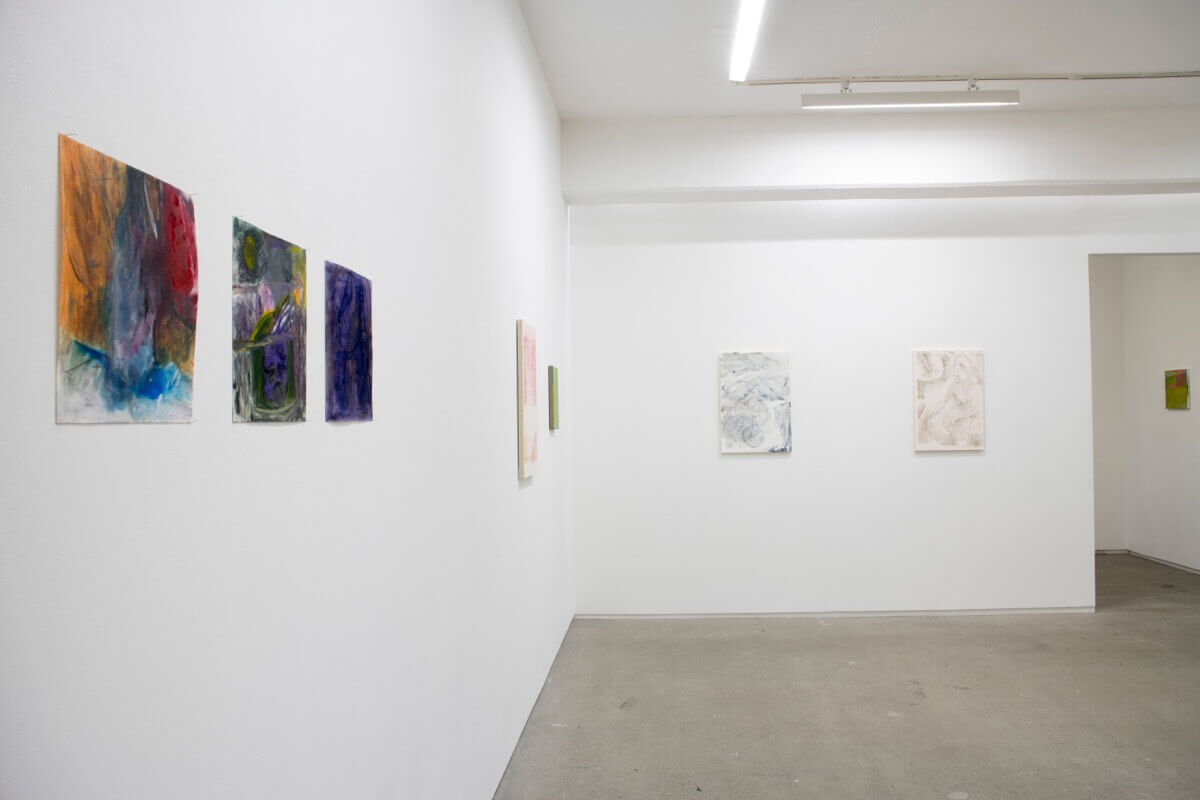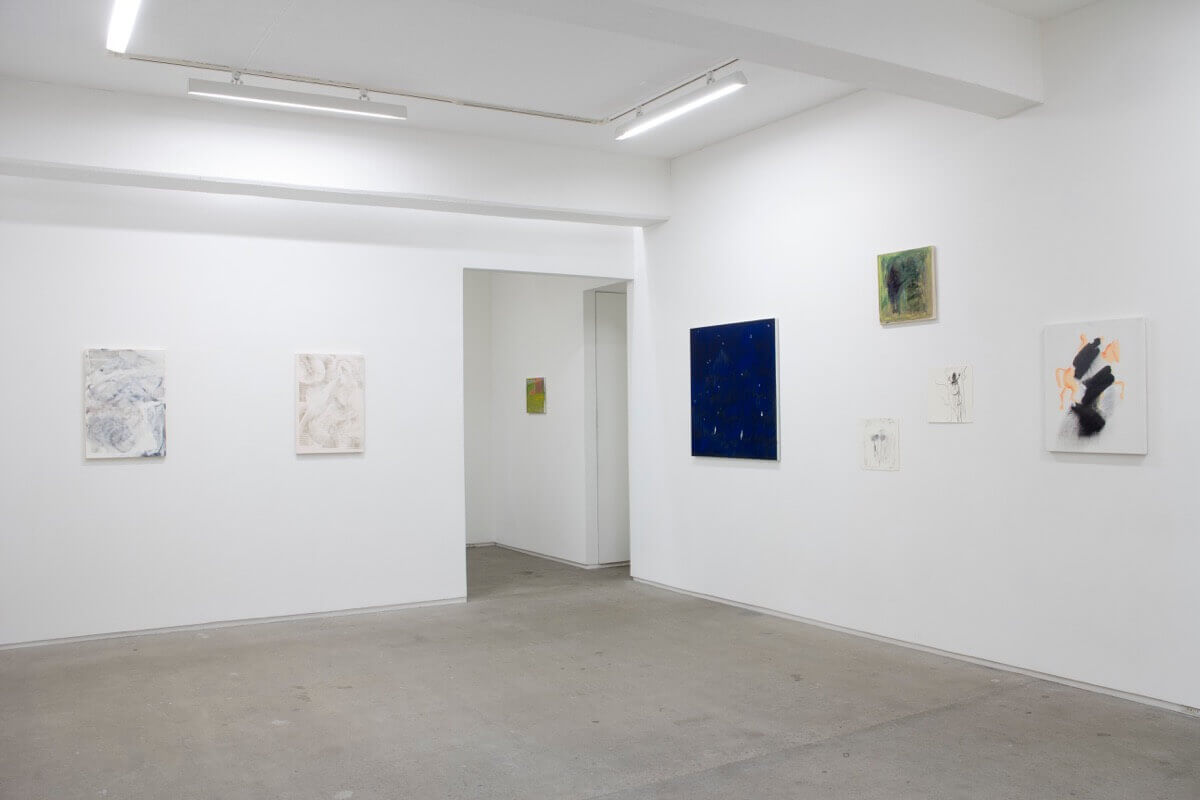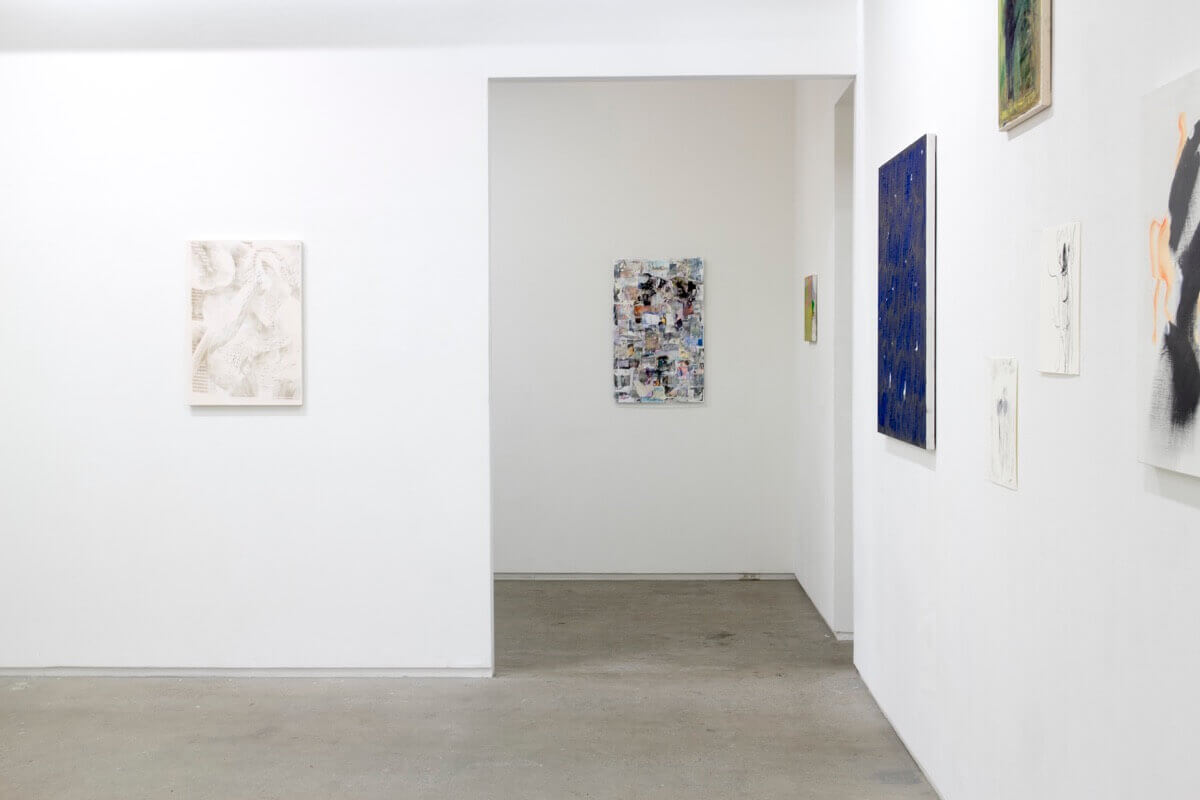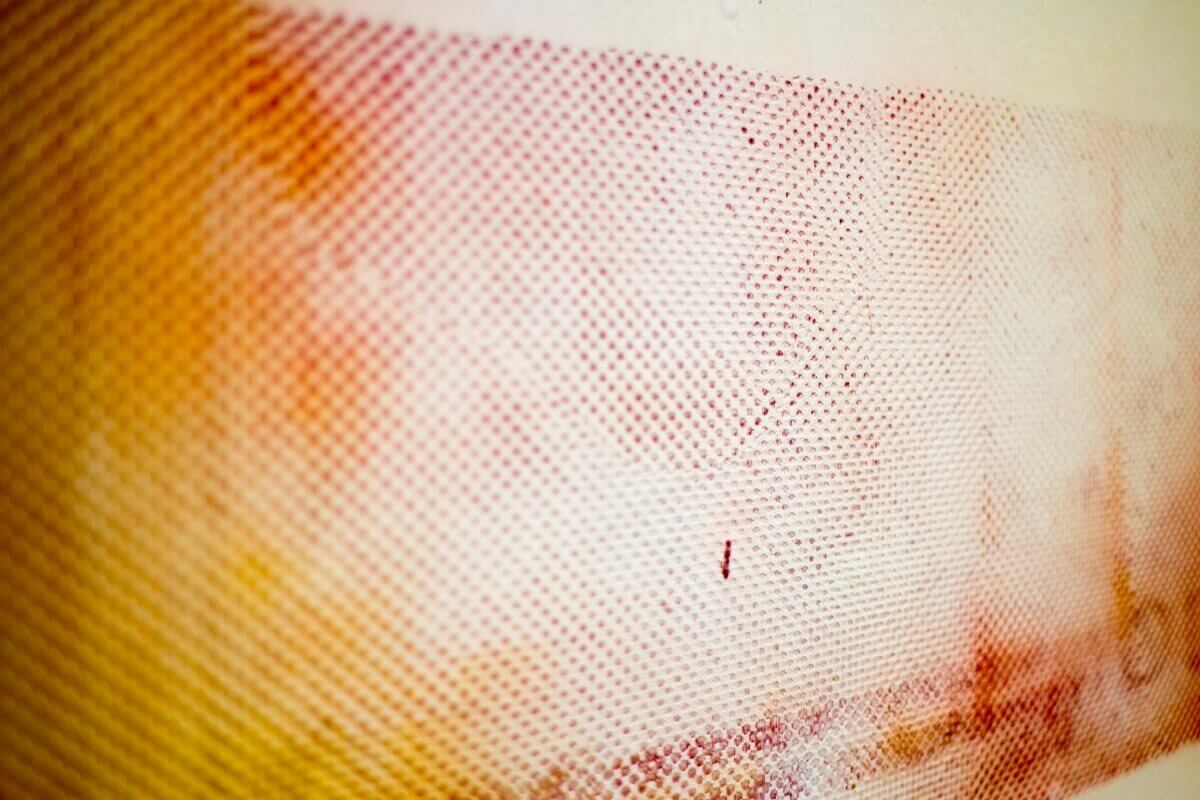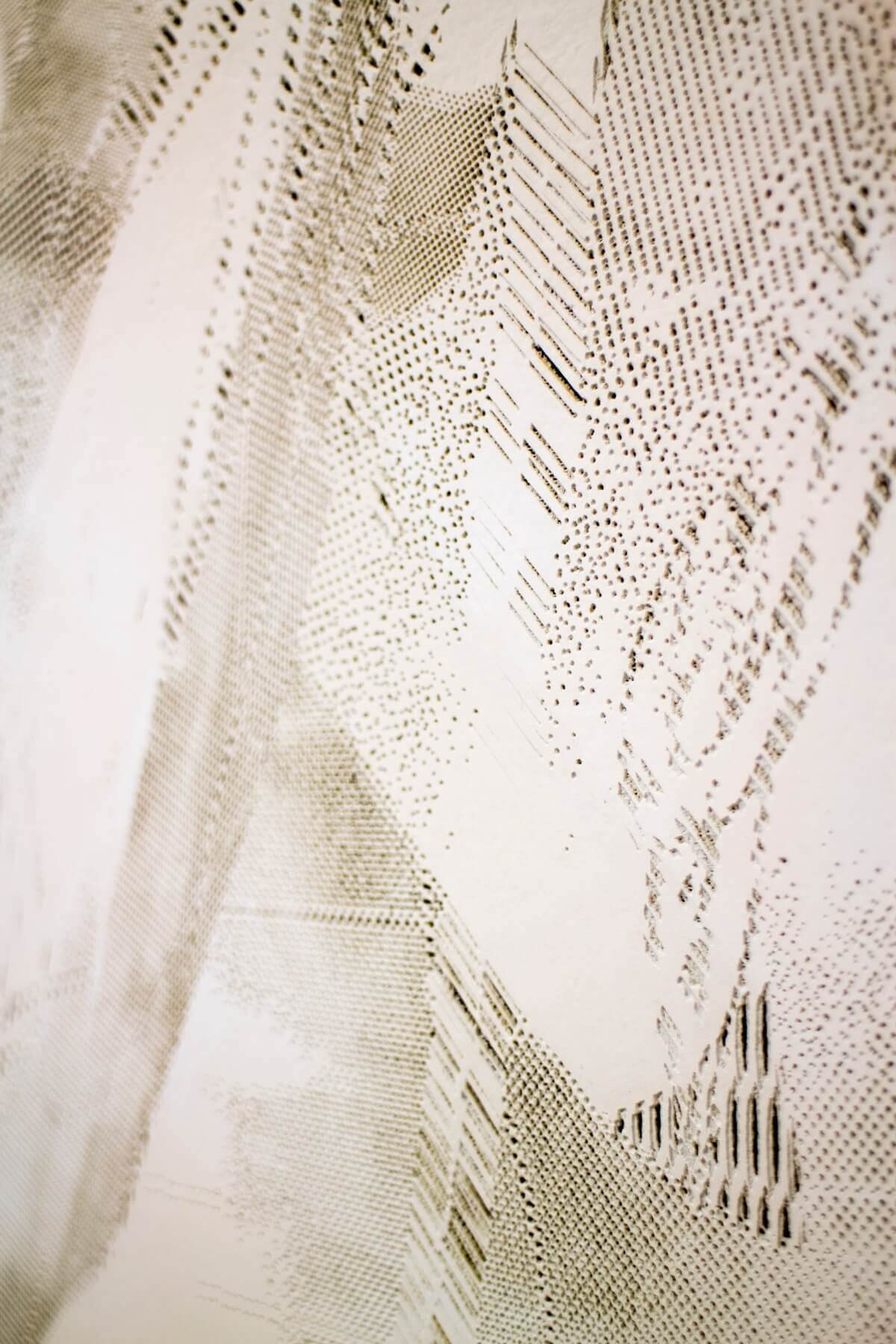JPN #1 (Joy, Place, or Not)

JPN (Joy, Place, or Not)
1st leg: 2014 年 12 月 6(土)—12 月 16 日(火)
2st leg: 2014 年 12 月 19(金)—12 月 26 日(金)
Dec.20sat. 15:30/Artist's Talk
17:00/After Talk Party
スプラウト・キュレーションでは、この度 JPN を開催いたします。2014 年 8 月ドイツ・カールスルーエ のアートスペース Kunstverein Letschebach で開催された “Japanese Painting Now!” は、揚妻博之、 伊勢周平、小左誠一郎、尾関諒、中嶋典宏という、独自のプラクティスで絵画のアップデートを試みる 5 人の若い日本人作家が参加しました。
JPN はその続編であり “Japanese Painting Now!” の頭文字を抽出し、バクロニムとして “Joy, Place, or Not”をコンセプトとして再定義。また出品作家に服部憲明を新たに加えた6人によるグループ展です。 Joy, Place, or Not(悦びと場所、あるいは否か)。アートと鑑賞者の間に抗しがたく非対称性が横た わる時、期待されるのは偶然性を伴う「疎通」です。「疎通」はアーティストと鑑賞者双方に「悦び」 をもたらします。鑑賞者は理解のために言語化されたコードを求めがちですが、それに反してアーティストは、時に偶然性(不確実性)を採り入れることを選択します。音/時間/形/視点/境界/素材 の偶然性(不確実性)、つまりアフォーダンスを揺さぶることで「疎通」を試みるのです。そしてその試 みは空間=場所を拘束するアイデンティティ/コンテクストを振り切り、違う空間=場所でもなお成立しう るのか、あるいはそれは不可能なのか? 本展はその検証の機会となるでしょう。<br><br> そして、バクロニムという言葉遊びの空虚から、こうした熱くクリティカルなテーマが発現する偶然性もまた、 キュレトリアルな悦びのひとつとなるのでしょうか。
Sprout Curation is delighted to present a group exhibition titled “JPN”. This show is organized as a sequel to"Japanese Painting Now!", which was a group exhibition held in August 2014 at Kunstverein Letschebach in Karlsruhe, Germany, where redefinition of painting had been challenged by five emerging Japanese artists: Hiroyuki Agetsuma, Shuhei Ise, Seiichiro Osa, Ryo Ozeki and Norihiro Nakashima.
"JPN", reconceptualized with the backroynm "Joy, Place, or Not", features the five artists accompanied by Noriaki Hattori, and explores the idea of contingency as a potential means to reduce the disparate relation that lies between art and the viewer. There arise a point of contact where dialogue would take place; consequently evoking a sense of joy for both the perceiver and the perceived. Despite the viewers' attempt to seek verbalized codes for understanding art, artists occasionally employ contingent factors into their production process through the application of sound/ time/ form/ perspective/ threshold/ materials - in other words, artists attempt to create actionable properties of affordance to establish a mutual exchange. This exhibition will be an opportunity to investigate whether their attempt could come to effect when space=place is displaced from the identity/context of the work.
Looking at the curatorial side of this exhibition, the starting point being the exhibition title's word-play, there certainly is a curatorial joy in finding how critical ideas and such provocative themes could happen unexpectedly from the hollow construction of backronym.

